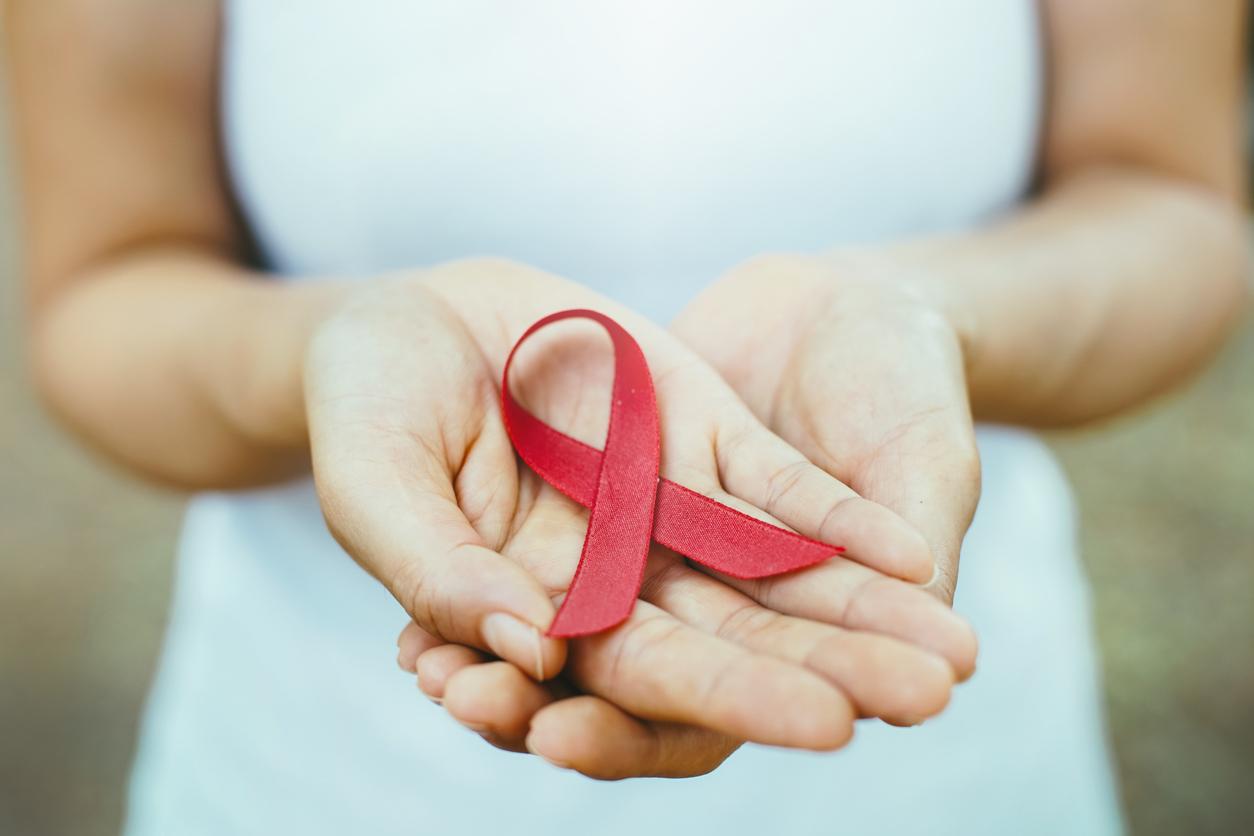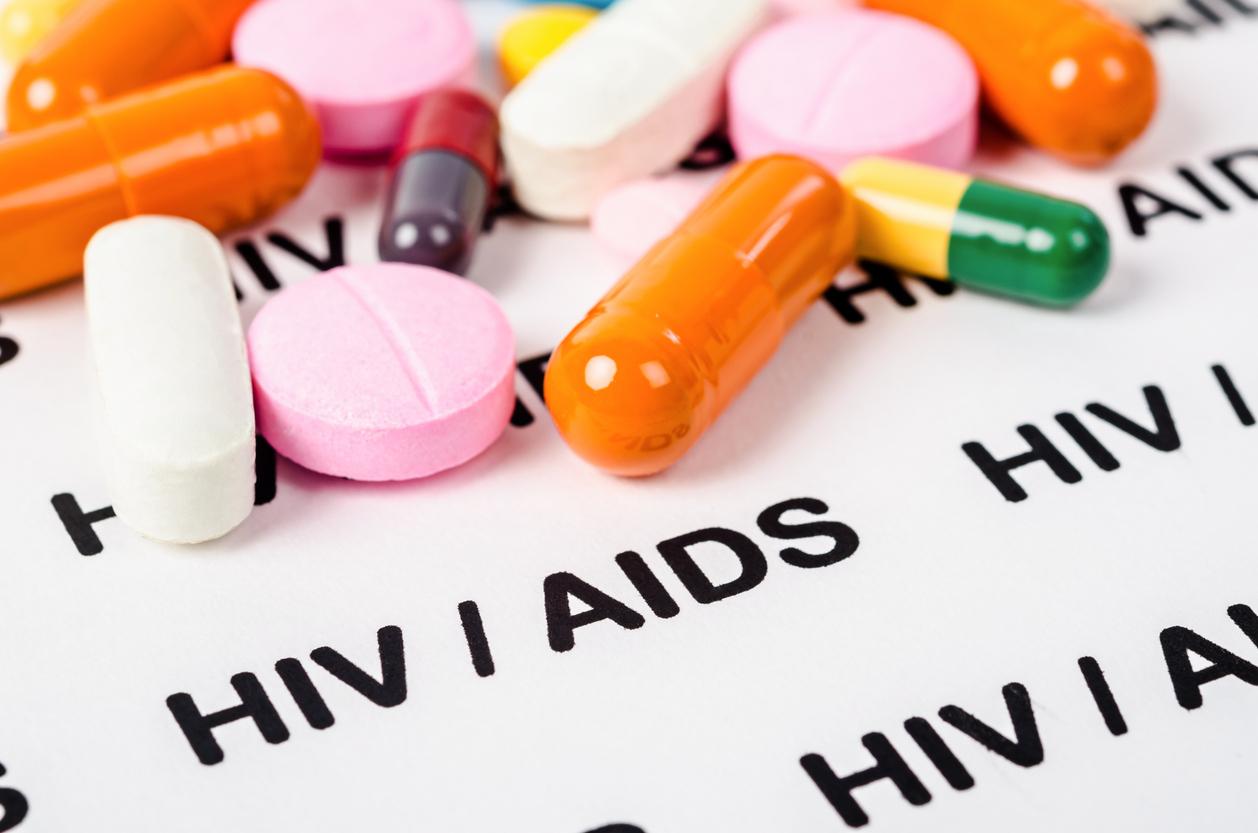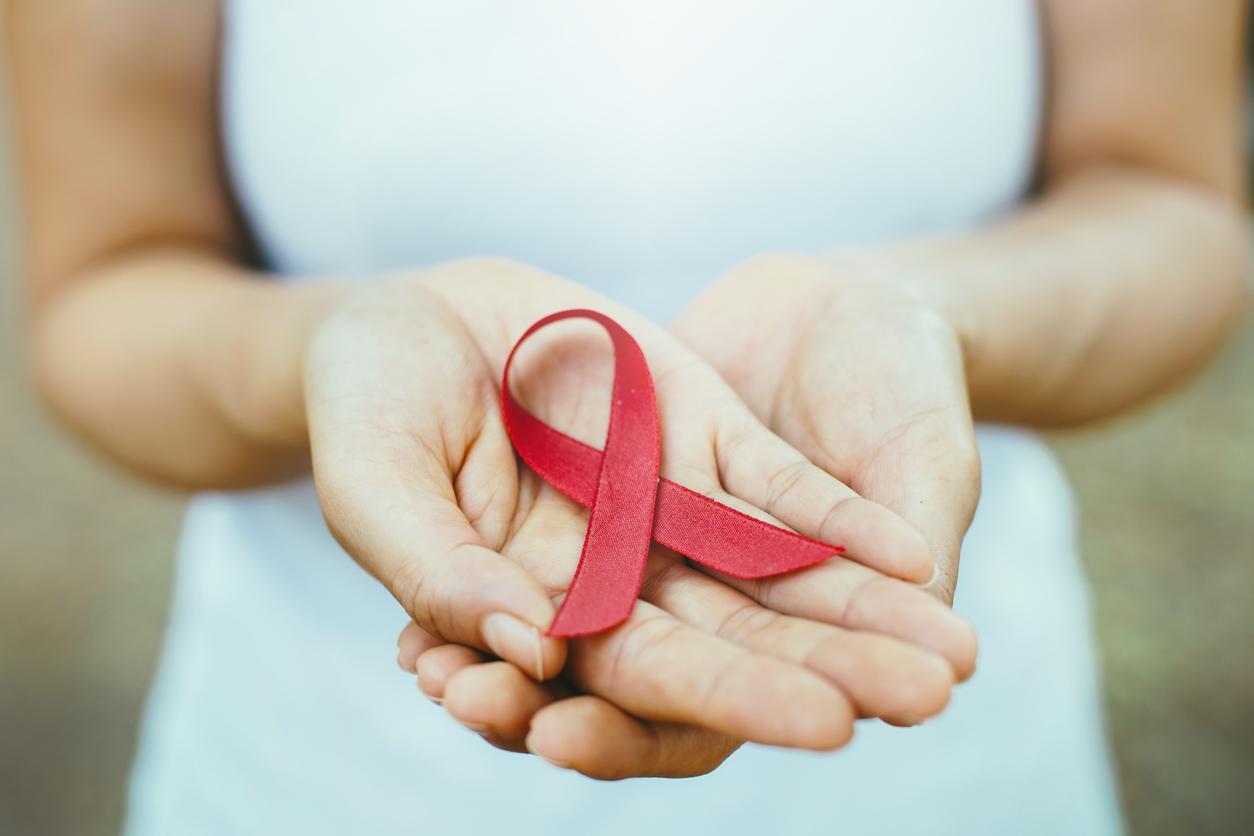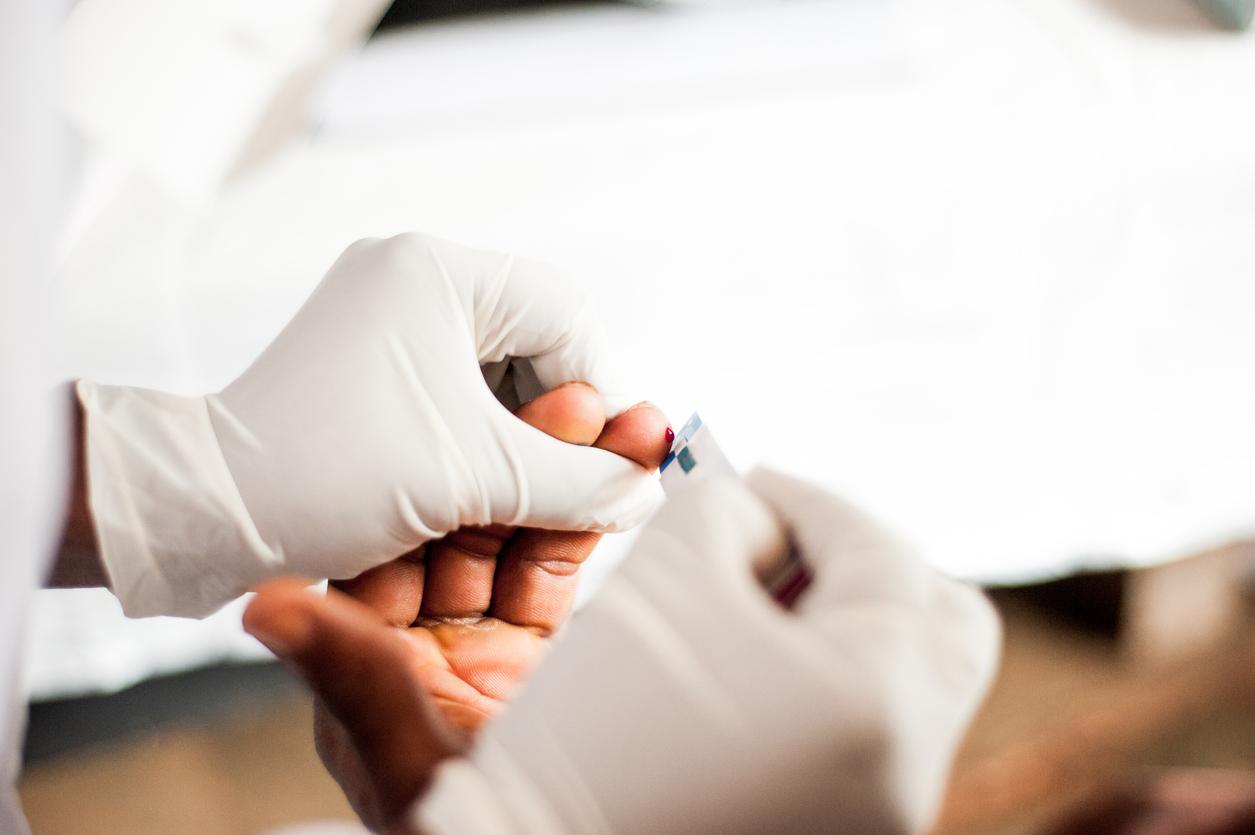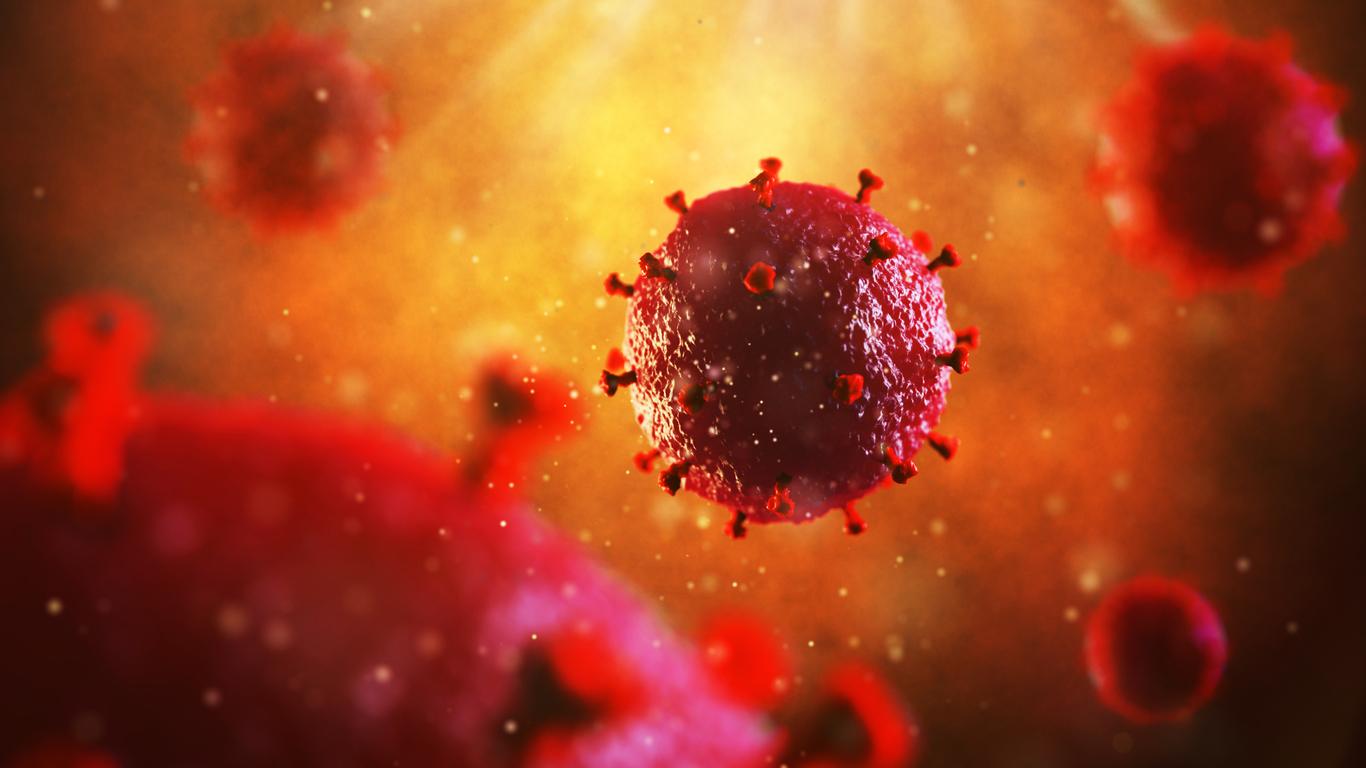
Researchers at the National Cancer Institute have made a surprising and hopeful discovery in the fight against AIDS, a deadly disease caused by the human immunodeficiency virus (HIV) that attacks the immune system: anti- Potent HIV have been found in a coral water off the coast of northern Australia.
Around 35.3 million people are living with HIV globally, two-thirds of whom reside in sub-Saharan Africa, and more than one million people die of AIDS each year. The figures are alarming and demonstrate a real global public health problem.
Cnidarins, a powerful protein against HIV
These anti-HIV proteins, called cnidarins, have been discovered among thousands of samples of natural products studied in the National Cancer Institute’s biological bank. In accordance with the agreements with their countries of origin, the institute has a large collection of natural specimens from all over the world.
The cnidarins would then be able to block the virus by preventing it from entering the T lymphocytes, or T cells, responsible for cellular immunity. ” This is completely different from what we have seen with other proteins, we believe that cnidarin proteins have a unique mechanism of action. Explains Barry O’Keefe, deputy head of The Molecular Targets laboratory at the National Cancer Institute. ” It’s always so exciting to find a brand new protein that no one else has discovered before. He adds.
Objective: to mass produce the protein to perform clinical tests
The proteins could then be developed as a gel or lubricant. When applied topically, this gel could be a powerful barrier and prevent the sexual transmission of HIV. Nevertheless, scientists remain cautious since they have yet to perform clinical trials to verify the effectiveness of these anti-HIV proteins. They wish, for this, to reproduce cnidarins in larger quantities, without having to collect coral en masse from Australian waters, at the risk of destroying the local fauna.
This new discovery brings new hope, that of one day finding a cure for AIDS …
|
Source : |









